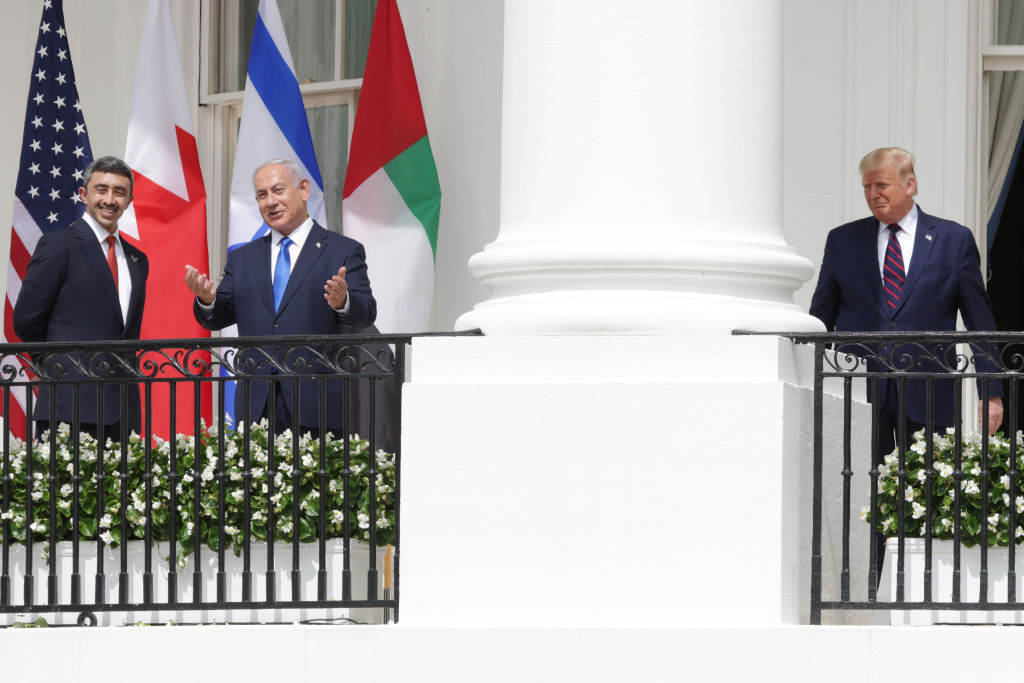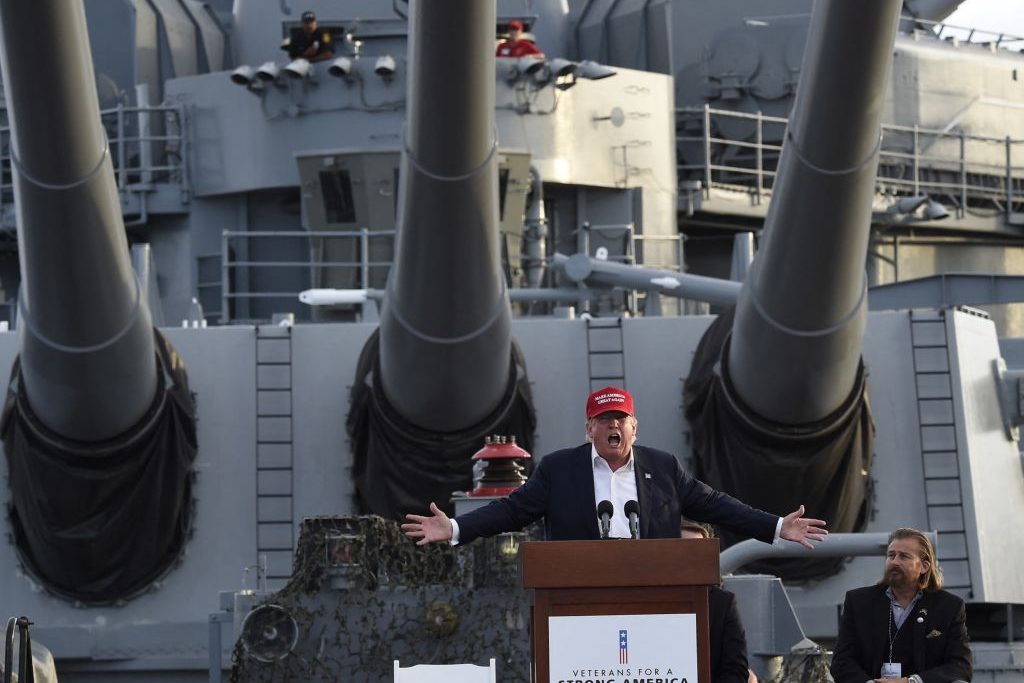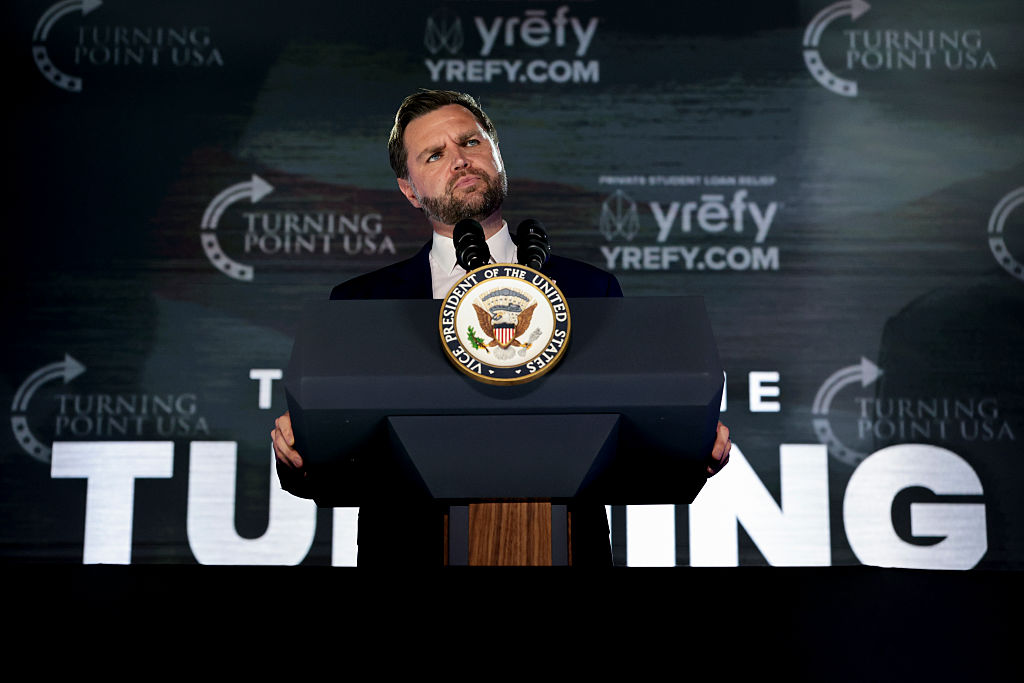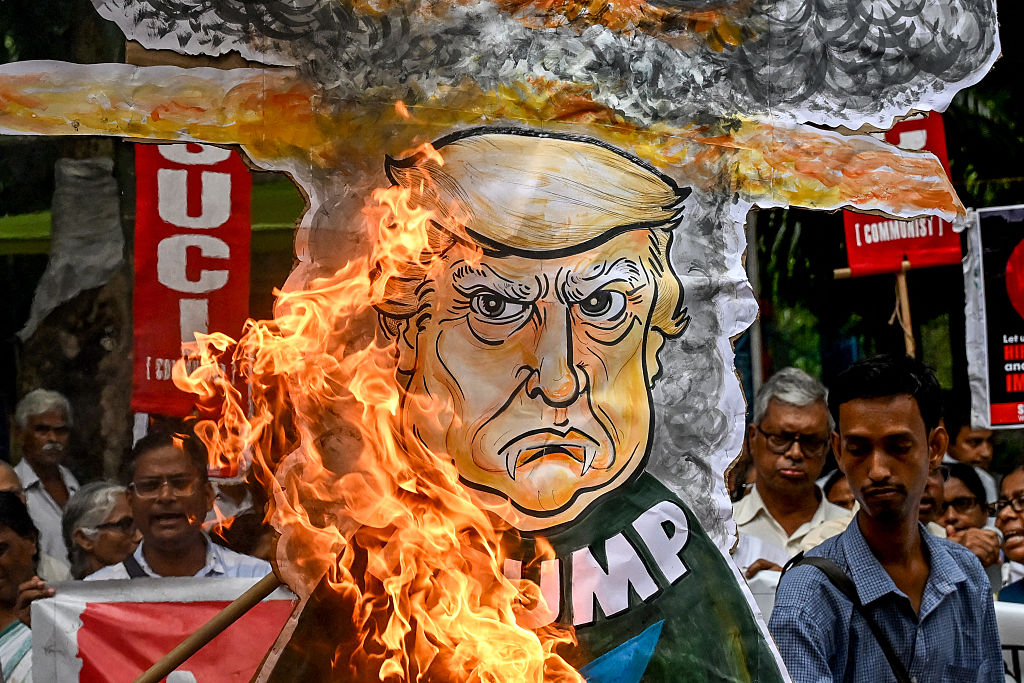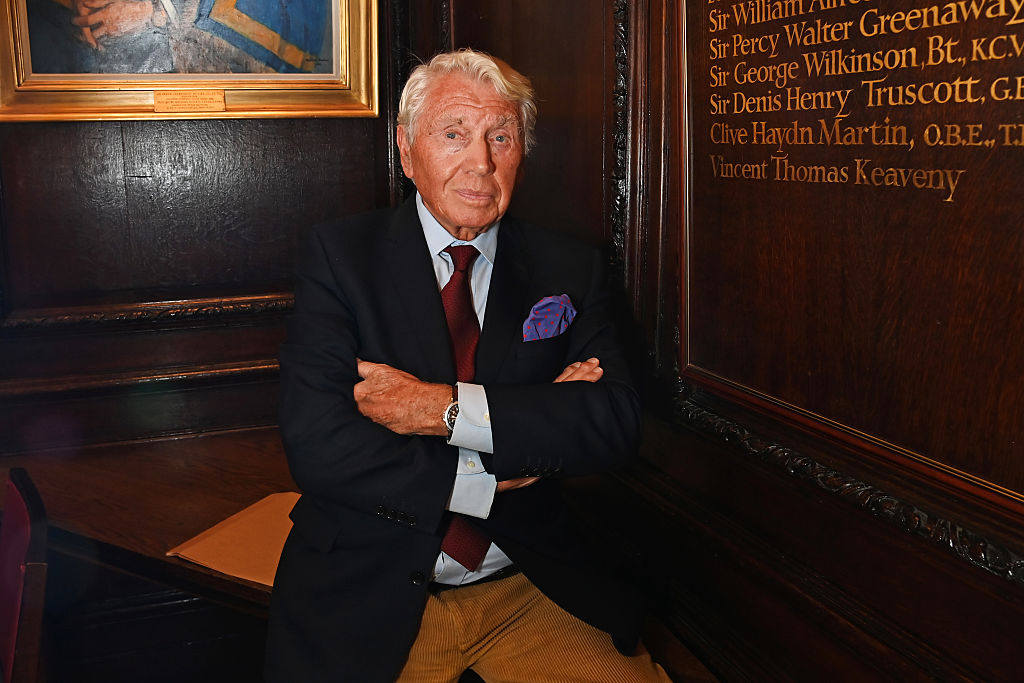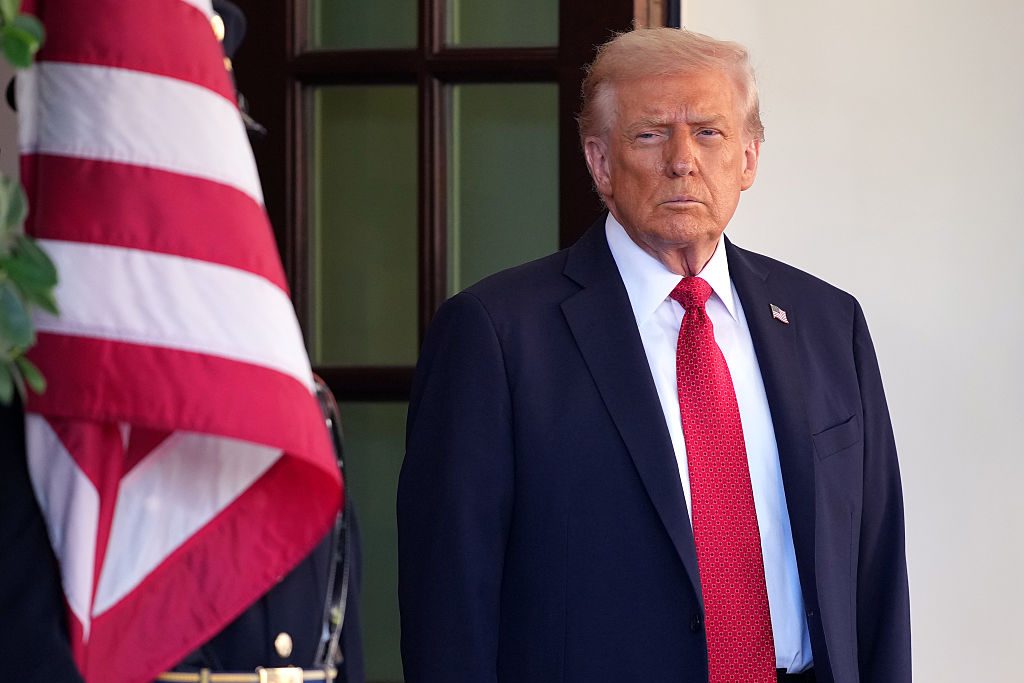For years Benjamin Netanyahu has been imagining himself in the role of Winston Churchill during the Blitz, the German bombing of Britain in 1940-41, when the United Kingdom stood alone in a Nazi-ruled Europe, hoping that soon their American cousins would join them in a joint campaign to defeat Adolf Hitler.
In Netanyahu’s movie, the ayatollahs in Tehran play the role of the Nazi leaders, while he, like Churchill, tries to convince the Americans that the Islamic Republic poses an existential danger both to Israel and the United States and that everything must be done, including the use of military force, to prevent these successors to the Nazi regime from acquiring nuclear weapons.
The British employed many methods, including disinformation, to drag Americans into the war in Europe. After Britain’s declaration of war against Germany in September 1939, Neville Chamberlain authorized the creation of the British Security Coordination group. Under the leadership of the legendary Canadian spymaster William Stephenson, this served as Britain’s propaganda arm in the US and disseminated phony news reports with the aim of pressing the Americans to enter the war.
Churchill rightly understood that President Franklin Delano Roosevelt supported Britain but was constrained in his ability to help. There were strong isolationist sentiments in Congress and public opinion, with the Republicans leading the pressure on the Democratic president not to enter the war in Europe.
Netanyahu hoped that pressure from a pro-Israel Congress and an American public that favors the Jewish state would press the White House to embrace a more aggressive approach towards in Tehran. On March 3, 2015, the Israeli PM, a gifted orator and a master PR operator, delivered an address before a joint session of Congress, with the goal of convincing American lawmakers to torpedo the then-ongoing US-led negotiations with Iran which he warned would result in a deal that would allow Iran to develop the Bomb.
In strategic terms Iran, like Germany in the late 1930s, does not pose an existential danger to the United States today in the way the Soviet Union did during the Cold War. But if FDR had an interest in preventing Germany from taking complete control of Europe, so a Republican or Democratic American president realizes today that Iranian nuclear weapons would upset the balance of power in the Middle East and pose a potential threat to US allies in the region, Israel included.
From this perspective, you can understand the willingness of American presidents, starting with Bill Clinton, to cooperate with Israel in thwarting Iran’s military nuclear programs. But, like FDR in 1940, most Americans oppose American military involvement in a new war, this time in the Middle East.
The failures of the US military adventure in Iraq and its attempts at regime change throughout the Middle East, which, ironically, were backed at the time by Netanyahu (then a Likud Knesset member) and some of his neoconservative pals in Washington, have reinforced public opposition to the possibility of an American sequel, this time with Iran as the target. Call it the Iraq Syndrome. But consider this: on the eve of World War Two the Americans had no military presence in Europe and the military encounters between Germany and Britain did not require an American response.
The situation is quite different now in the Middle East. It is clear to all that if a war breaks out between Iran and Israel after an Israeli attack on Iran’s nuclear facilities, it will not be possible to isolate the conflict to the two states or the wider region. Sooner or later the United States will be drawn into a war in the Middle East.
The possibility that Israel would have no choice but to use military force to neutralize the Iranian nuclear threat has been touted by Netanyahu to pressure the Americans to play an active role in attempts to delay Iran’s nuclear armament. Ultimately an interest in preventing an Israeli attack on Iran’s nuclear facilities is also what pushed President Barack Obama to sign his nuclear deal with Iran. The rationale behind the agreement was that a temporary freeze on the Iranian military nuclear program would prevent Israel going to war to stop a nuclear Iran. More importantly, however, the deal sought to prevent the creation of conditions in which the United States would find itself in another Middle Eastern war.
In the Netanyahu-as-Churchill analogy, President Donald Trump was on the way to passing the screen tests to play the role of FDR, but he did not get the job in the end. Trump revoked the nuclear deal with Iran and adopted a ‘maximum pressure’ sanctions policy in the hope that Iran’s economic collapse would leave Tehran with no choice but to return to the negotiating table with a view to working on a new agreement with the US and other countries who were signatories to the old deal. US allies, not to mention China and Russia, opposed the new American strategy. Trump never presented the outlines of an alternative agreement with Iran, nor did he explain what the Americans would do if Tehran did not succumb to the ‘maximum pressure’.
And here’s what proved to both Israel and Saudi Arabia that Trump is no FDR: when push came to shove, Trump refrained from using military power against Iran. In September 2019, following attacks on Saudi oil facilities by Iranian-supplied militia and the downing of an American military drone by Iran, Trump threatened a harsh response. But he limited his actions to emphasizing his commitment to preventing American military involvement in the Middle East.
Trump did give the order to kill the Revolutionary Guards leader Qasem Soleimani in January 2020, and his government also gave Israel the green light to increase military attacks against Iran and Iranian proxies in the region. But at the same time the American president continued to adhere to the Iraq Syndrome consensus in Washington that the United States should refrain from being dragged into a new war in the region.
Hence both Presidents Trump and Obama resisted pressure from Washington’s infamous foreign policy ‘blob’ to intervene directly in Syria’s civil war. Unlike Obama, who was dragged by his warmongering secretary of state Hillary Clinton into a disastrous intervention in the civil war in Libya, Trump has refrained from all new military adventures.
The need to shift military resources from the Middle East to Asia to meet China’s challenge, and the economic crisis wrought by the coronavirus, have strengthened support in Washington for US military disengagement from the Middle East. These sentiments, which already reflected Trump’s isolationist instincts, would have likely guided his second term, had the Iranians decided to return to the negotiating table.
Netanyahu’s ability to persuade President Biden’s administration to sustain pressure on Iran is very limited. Many of Biden’s advisers were driving forces behind the nuclear deal, including his national security adviser Jake Sullivan and John Kerry. And the Democratic leadership, in the past a powerful political Israeli ally in Washington, is under increasing pressure from its grassroots left, which has demonstrated its animosity to the Jewish State and Zionism, and which advocates distancing the US from both Israel and Saudi Arabia.
It is true that Netanyahu has known Biden for 30 years. But as former US ambassador to Israel Martin Indyk has noted, Biden has also known Netanyahu for 30 years. Attempts by Israelis or Saudis to dictate to the new administration its Middle East policies through external or internal political pressure will likely end in failure — although a Senate controlled by staunch pro-Israel Republicans is likely to place obstacles on the Biden administration’s drive towards détente with Tehran.
There is probably no chance that a new FDR will be in the White House any time soon, even if he or she were a pro-Israel Republican. The days of full-blown Pax Americana in the Middle East are over. This is a reality that Israel and its friends in Washington need to recognize. And recall that the American president joined the war in Europe only after Japan attacked the United States and Hitler declared war on America. The chances that even the fanatical ayatollahs would declare war on the US are close to zero.
The Iranians understand that America is now in an isolationist mood and in the process of disengaging from the Middle East. The people who invented the game of chess are not going to make a stupid move on the Middle Eastern board. Meanwhile Israel’s situation today is much different than that of United Kingdom in 1940. Israel today is, after all, a regional nuclear power that can certainly deal with a reality under which Iran acquires nuclear weapons.
In a way, the existence of a nuclear balance of power between the Islamic Republic and the Jewish state may in fact prevent conventional wars between them and lead to some stability in the region. This may sound like an idea from a seminar conducted by Dr Strangelove, but that is exactly what has happened in South Asia since India and Pakistan acquired nuclear weapons in the last decade of the last century. Between independence in 1947 and India’s first test of a nuclear weapon in 1974, the two adversaries fought three major regional wars and two limited wars. Since becoming nuclear powers, and despite a number of military crises on the border, overt nuclear deterrence has prevented the outbreak of conventional wars.
No doubt Israel has an interest in slowing the momentum of Iran’s production of a nuclear bomb. But if Iran is to have a nuclear weapon sooner rather than later, and if Americans are not willing to shed blood to prevent that, then it may be time for Israel to prepare for the day after.



